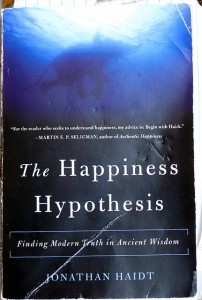Over the years, I’ve often thought of the following quote: “The child is father of the man.” These words often haunt me deeply. They capture the absurd but true notion that each of us is nurtured and tutored (and sometimes damaged or destroyed) by younger versions of ourselves.
At one time, I thought the meaning of this quote was obvious, but now I see that it isn’t obvious at all. By the way, my interpretation has nothing to do with the fact that the quote is written in a masculine version. The quote could and should be translated to cover both male and female. Something like, “The Child is the parent of the Adult.”
The quote appears as part of a poem by Wordsworth:
“MY HEART LEAPS UP WHEN I BEHOLD”
My heart leaps up when I behold
A rainbow in the sky:
So was it when my life began;
So is it now I am a man;
So be it when I shall grow old,
Or let me die!
The Child is father of the Man;
I could wish my days to be
Bound each to each by natural piety.
What, then, is the meaning of “”The child is father of the man”? Here is my interpretation. Think of the person you are today. Think of the life that you are currently living. Consider both the predicaments you are now in and the joys you are now experiencing. Much of that (or all of that) has been made …


